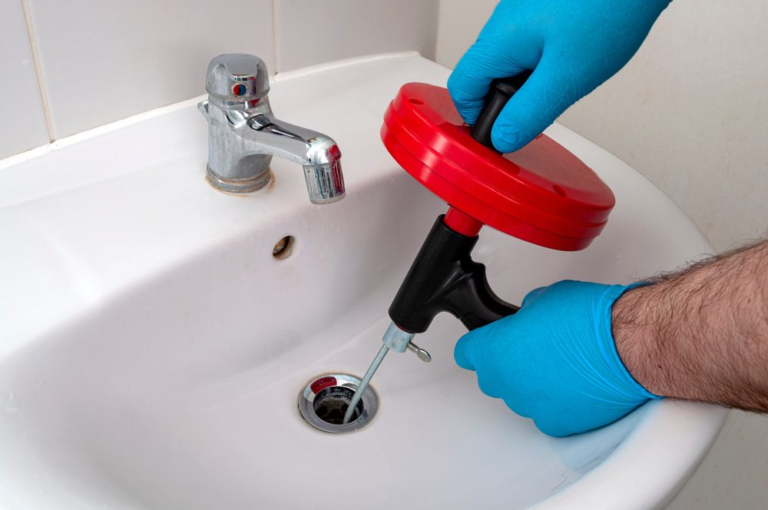Trash Talk: The Impact of Efficient Garbage Disposal on Urban Living
In the bustling heart of city life, where the pace never slows, and the streets never sleep, lies an often overlooked yet pivotal player in the quest for sustainable urban living – efficient garbage disposal. As metropolises expand and populations swell, the importance of managing urban waste cannot be overstated.
This post navigates through the intricate landscape of waste management, shedding light on its implications for our cities, our planet, and ourselves.
The Current Landscape of Waste Management
Urban areas are the epicenters of economic growth and cultural diversity. However, they are also where the challenge of waste management is most acute. Cities worldwide grapple with the daunting task of dealing with tons of waste generated daily.
From overflowing landfills to plastic-choked waterways, the environmental impact is profound and far-reaching. The current state of waste management in urban environments is a complex interplay of inadequate infrastructure, inefficient practices, and a persistent lack of awareness.
The Role of Individuals
While systemic changes are crucial, the power of individual action cannot be underestimated. Our daily choices — how we shop, consume, and dispose of our trash — collectively shape the urban waste landscape.
By adopting more mindful disposal habits, such as recycling, composting, and minimizing single-use plastics, we can significantly reduce our ecological footprint. The cumulative effect of these individual actions can catalyze broader environmental benefits, contributing to cleaner, more livable cities.
Innovative Solutions
In response to these challenges, a wave of technological and community-driven innovations is rising. Smart waste management systems, which use IoT sensors to optimize collection routes and schedules, are reducing emissions and operational costs.
On a grassroots level, initiatives like urban composting programs and zero-waste communities are demonstrating the transformative power of collective action. These innovations not only address the logistical aspects of waste management but also foster a culture of sustainability.
The Economic and Environmental Benefits
Efficient garbage disposal transcends environmental stewardship; it also offers compelling economic incentives. Cities that invest in advanced waste management systems can reap financial savings, reduce public health risks, and enhance their attractiveness to businesses and tourists.
Environmentally, the benefits are equally significant — from mitigating climate change to preserving natural resources and biodiversity. The transition to more efficient waste practices is not merely an ecological imperative but a pathway to sustainable prosperity.
Practical Tips for Better Garbage Disposal
Improving urban waste management begins with us. Here are some practical ways to make a difference:
Reduce, Reuse, Recycle: Prioritize these three Rs in your daily habits.
Compost Organic Waste: Consider starting a compost bin for food scraps.
Large Waste Disposal: For larger waste management projects,renting a construction dumpster can significantly aid in the proper disposal of materials.
Support Eco-Friendly Businesses: Choose products with minimal packaging and companies committed to sustainable practices.
Educate and Advocate: Raise awareness about the importance of waste management in your community. Support initiatives and policies that promote environmentally responsible practices.
The Future of Urban Living
Efficient garbage disposal is not a standalone issue but an integral part of the larger vision for sustainable urban living. By taking collective action towards better waste management, we can pave the way for healthier, more resilient cities.
Conclusion
The conversation around waste management is often framed in terms of challenges and obstacles. However, within this discourse lies an opportunity to redefine our relationship with waste — transforming it from an urban burden to a catalyst for environmental and social renewal. By fostering efficient garbage disposal practices and supporting innovative solutions, we can all play a part in ushering in a cleaner, greener, and more sustainable urban future.







